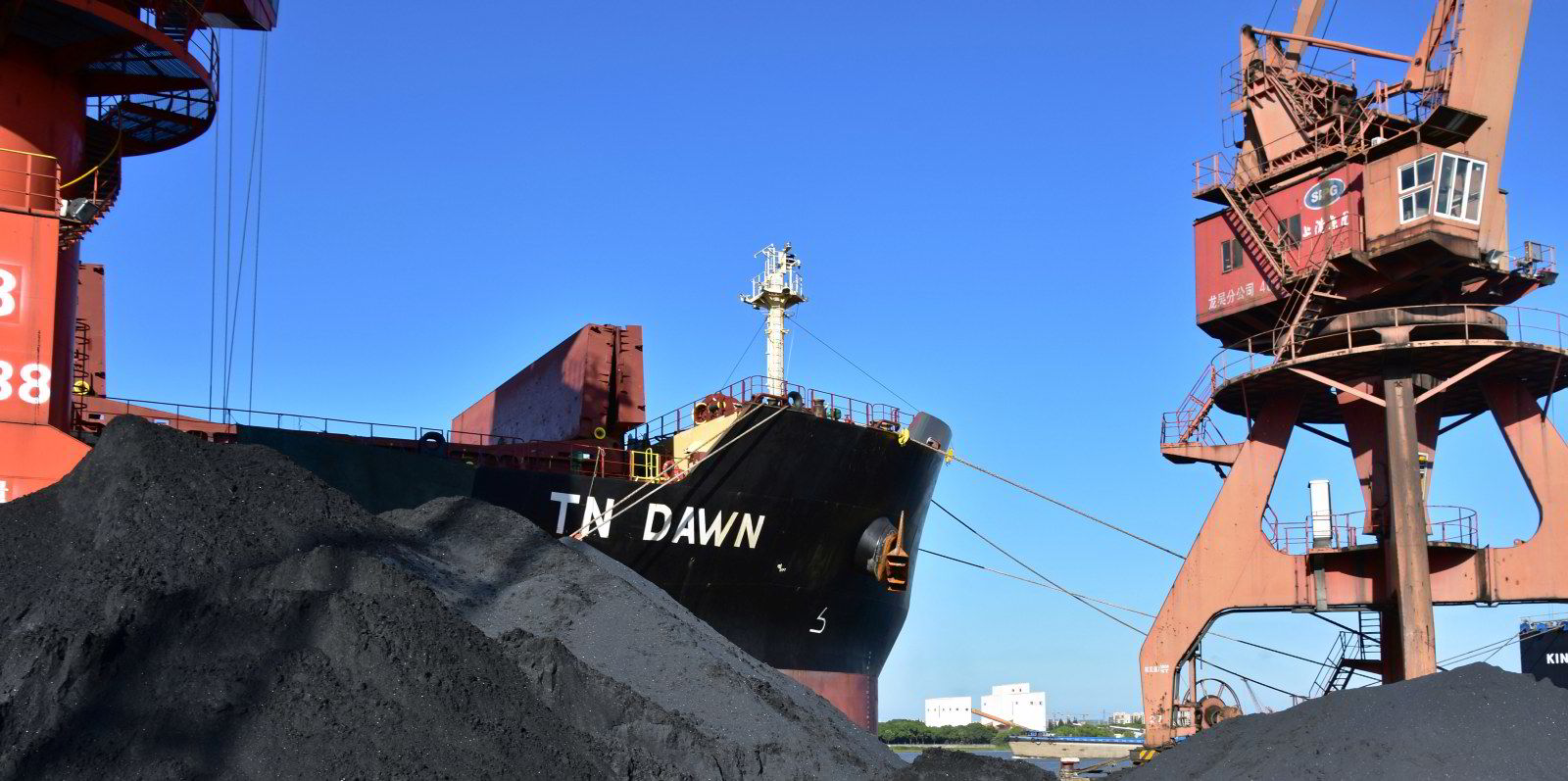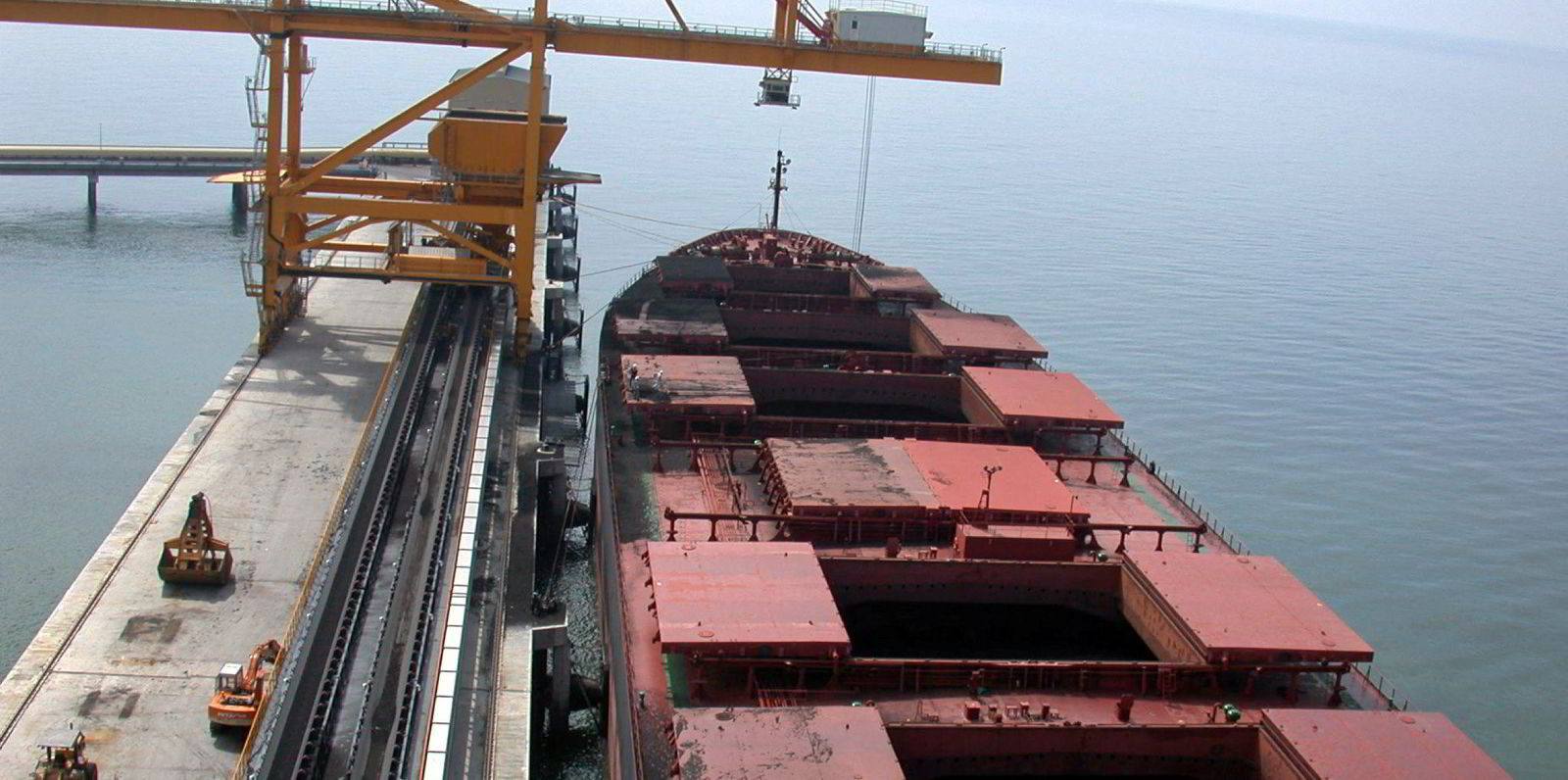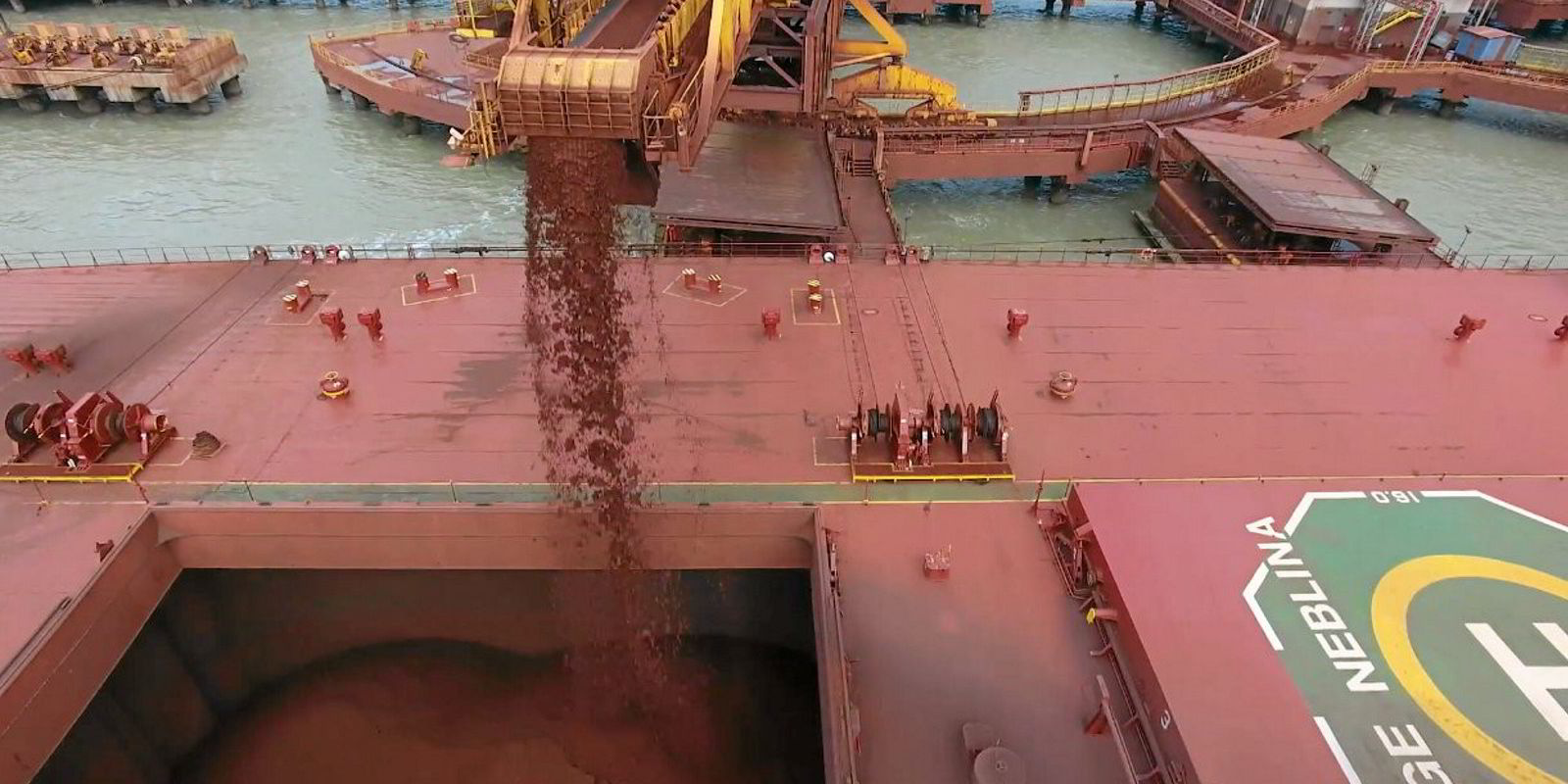The dry bulk sector continued to fall on Thursday during a week of limited enquiry as much of shipping met in Athens for Posidonia 2022 and China began to lift its latest Covid lockdown.
The Baltic Exchange’s capesize 5TC, a spot-rate average across five key routes, fell below $20,000 per day for the first time in weeks after dropping 3.6% to $19,643 per day.
Thursday’s decline resumed a steady fall that began after the 5TC reached $24,274 per day on 1 June.
“Overall, the market appeared less active than yesterday across the board,” Baltic Exchange analysts said on Thursday.
Australian miner BHP hired an unnamed capesize on Wednesday to carry 170,000 tonnes of iron ore at $12.50 per tonne from Port Hedland, Australia to Qingdao, China. Loading is set for 25 to 27 June.
Fortescue Metals Group fixed an unnamed capesize on Tuesday to send 160,000 tonnes of ore on the same route at $12.90 per tonne after the ship gets loaded from 20 to 22 June.
The panamax 5TC slipped 2.4% on Thursday to $24,723 per day, continuing an uninterrupted slide from $30,392 per day on 23 May.
“There was talk in the market that perhaps we are starting to find a floor in both basins as owners became reluctant to lower their numbers and charterers trying to resist the change in direction,” the analysts said.
“There was increased enquiry in the East with talk of fresh NoPac cargoes and more Indonesia round voyage enquiries, however this did not stop the indices falling further again today.”
They noted more demand from East Coast South America in the Atlantic basin and that brokers reported greater enquiry on the P6 round voyage between Singapore and Brazil, but fixing information was scant, they said.
The supramax 5TC slid 2.2% to $27,798 per day on Thursday, falling steadily from $31,168 per day on 25 May.
“Again, another day of limited fresh activity appearing in the Atlantic as many are still travelling in Greece,” the analysts wrote.
“From Asia, the south again lacked interest as rates eased further with prompt vessels discounting to get cover.”
But BRS Brokers offered a sliver of hope for dry bulk outlook by pointing out that China’s coal demand is expected to “pick up at a relatively softer rate” now that Shanghai’s Covid restrictions have been lifted.
“While a recovery in power generation to pre-lockdown levels is expected to take some time, the overall expectation for coal demand remains fairly good,” it said in a report.
BRS also said that China plans to boost yearly coal-mining capacity by 300m tonnes this year as it aims to help its economy by giving out economic stimulus money.
“These measures to boost economic growth will directly push up power consumption by the industrial sector in terms of higher output as well as residential sectors considering rising temperatures may drive up air-conditioning demand,” BRS said.
From the perspective of supply, coal production is anticipated to remain at a prominent level as many key producing regions have pledged to speed up the release of new production capacity.







